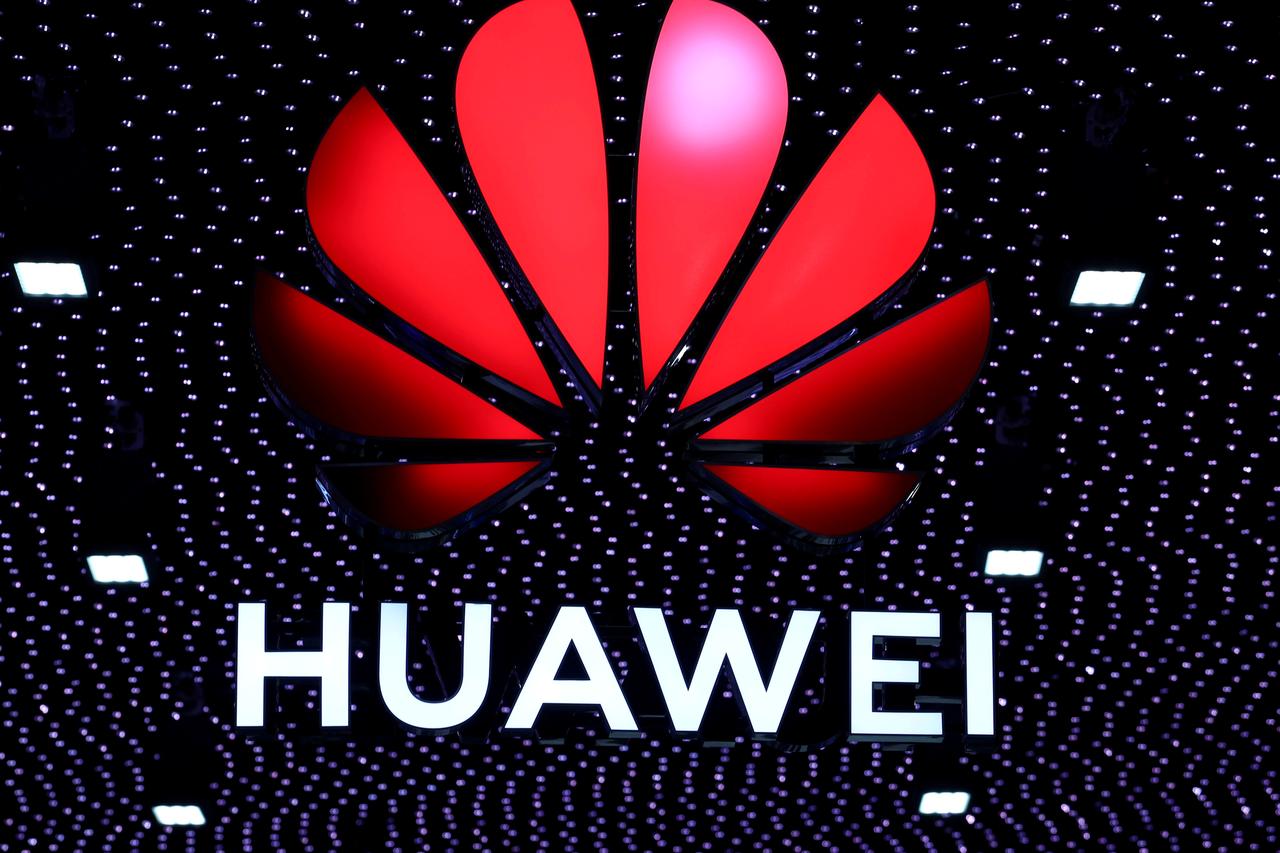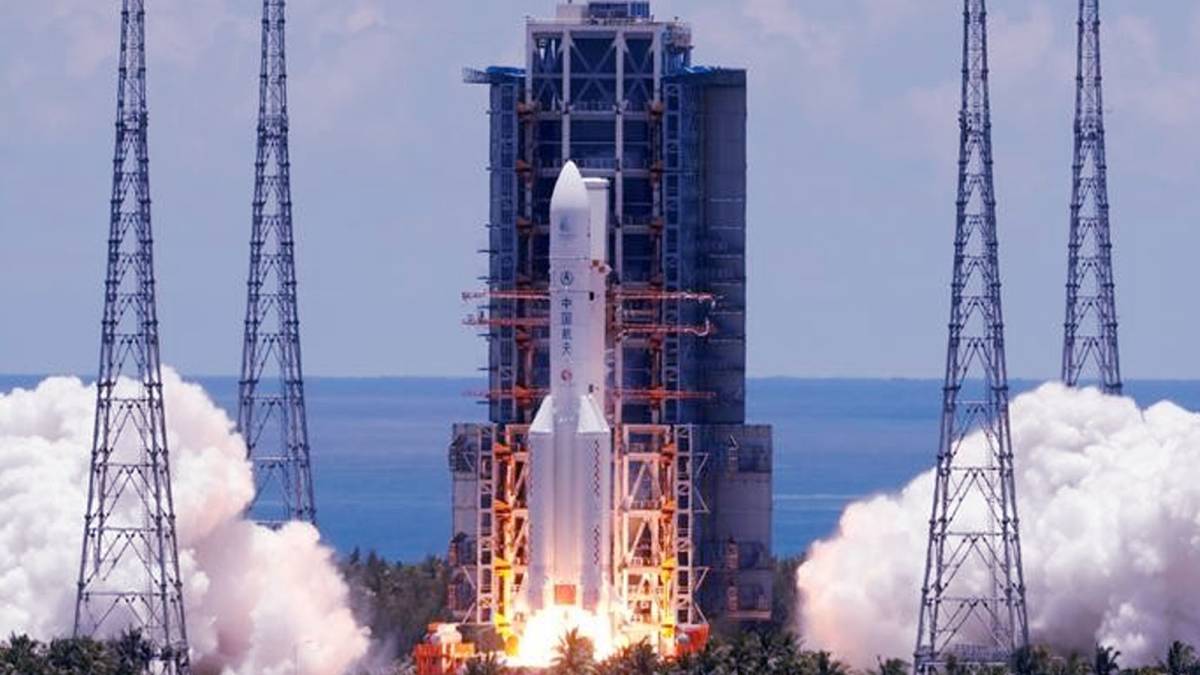“BEIJING: Huawei’s First-Quarter Profit Skyrockets, Challenges Apple in China Market“
In a recent corporate announcement, Huawei revealed a staggering fivefold increase in its first-quarter profits compared to last year. Despite facing sanctions from the US, the tech giant continues its impressive growth trajectory, significantly cutting into Apple’s market share in China. This development marks a notable shift in the competitive landscape of the technology sector within the region.
Huawei remains embroiled in a high-stakes technology dispute between Beijing and Washington, with US officials cautioning that the company’s equipment may be utilized for Chinese espionage. Huawei firmly denies these allegations, defending its reputation and asserting its role in the global tech industry amidst ongoing tensions.
The 2019 sanctions imposed by Washington, which limited Huawei’s access to US-manufactured components, significantly disrupted the company’s smartphone production capabilities. These restrictions have had a profound effect on Huawei’s operations, impacting its ability to produce and market smartphones globally.
Following challenges in smartphone sales due to stringent US sanctions, Huawei, headquartered in Shenzhen, has strategically diversified its business. The company is now venturing into emerging fields such as 5G technology, artificial intelligence, and smart driving technologies, aiming to revitalize its business and maintain its competitive edge in the global tech market.
In the January-March period, Huawei’s net profit soared to $2.7 billion, marking a 564 percent increase from the same quarter last year. This impressive financial performance was detailed in a results filing by Huawei’s holding company on their official website and further confirmed by a firm representative.
Revenue growth accelerated impressively, with a year-over-year increase of 36.7%, reaching a total of $24.7 billion for the period, according to the latest financial report.
The report did not provide a sector-specific breakdown of profits.
Huawei, being a private and unlisted company, is not required to disclose detailed financial results in the same manner as publicly listed companies.
Last summer, the company launched the Mate 60 Pro, a high-performance smartphone featuring a chip that, according to experts, could not have been manufactured without the use of foreign technologies. This raises questions about the effectiveness of U.S. technology restrictions.
In what appeared to be a pointed rebuff to Washington, the announcement of the Mate 60 in August 2023 coincided with a visit to China by Gina Raimondo, the U.S. Secretary of Commerce, whose department is responsible for enforcing the sanctions.
According to a Bloomberg report citing data from market research firm Counterpoint, Apple, a competitor of Huawei, experienced a 19 percent decline in iPhone sales in China during the first quarter.
The most recent earnings report arrives one month after Huawei announced that its profits more than doubled in 2023, a year marked by the smartphone maker’s continued efforts to diversify its business.
A Huawei representative told AFP that the company’s revenue growth in the first quarter was driven by “capitalizing on opportunities in digitalization, intelligence, and decarbonization.” They added that “the industry and global markets are expected to continue facing significant uncertainty throughout the rest of 2024.”
In a statement, the Huawei representative expressed confidence, stating, “We are confident that we can meet our annual business targets and achieve sustainable growth.”
Tensions continue to escalate between Beijing and Washington, as the world’s two largest economies clash over a range of issues, including trade and the status of Taiwan, a self-governed island claimed by China.
The United States has encouraged its allies to adopt its stance by banning Huawei’s 5G technology from their domestic telecommunications networks. The U.S. argues that this measure is necessary because the technology could potentially be used by China to monitor communications and data traffic internationally.







